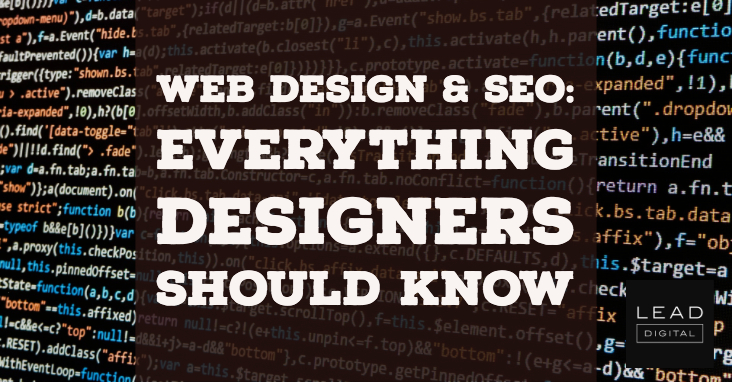 UX design and a solid SEO strategy go hand in hand.
UX design and a solid SEO strategy go hand in hand.
Design is here to boost user experiences, inspire users to spend more time on your pages, and ensure they don’t leave your site frustrated. This way, it minimizes bounce rates and turns your visitors into leads and, ultimately, sales.
However, designing a spotless website is pointless if it’s not visible on Google. This is where SEO shines. It increases your site’s exposure in the SERPs, drives greater traffic to it, and gives you the opportunity to delight a visitor with your gorgeous website design and quality content.
When merged together, web design and SEO are indicators of your credibility and professionalism.
So, let’s see how to combine them for a better online performance.
The Basics of Implementing SEO and Web Design
In the world of digital marketing, building your online presence on strong foundations is critical. If some basic aspects of your site are poorly managed, you cannot expect your web design or SEO to deliver exceptional results.
Here are key elements of any strong web design:
CHOOSING A DOMAIN NAME
Stuffing your domain with a bunch of keywords won’t help. They look spammy and may hurt both your rankings and user experience.
Remember that there are millions of domain names out there. So, your goal is to make your domain name catchy and memorable. It needs to be relevant to your business’ focus and be easy to spell and pronounce. To make your site easier to find, it’s always good to use your brand name as your domain name, too.
INVESTING IN THE RIGHT HOSTING PROVIDER
Choosing the right hosting plan directly impacts your website speed, server performance, and uptime/downtime. These are all important UX factors Google considers while indexing and ranking your site.
BUILDING YOUR WEBSITE USING A RELIABLE CMS
A solid CMS is one that is easy to use and manage. You should be able to design your site however you want, without taking additional courses in web design. It should also help you make your site mobile-friendly, add social media integrations effortlessly, and use various content management tools. The most popular CMS option is definitely WordPress, followed by Joomla, Drupal, TYPO3, and Squarespace.
When choosing the right CMS for your business, ask yourself how it will impact your online performance. For example, does it allow you to customize your URLs? Can you make on-page changes without changing the URL? Some systems create meta tags (meta descriptions and title tags) automatically, so you should check whether you can modify them. – Read more



